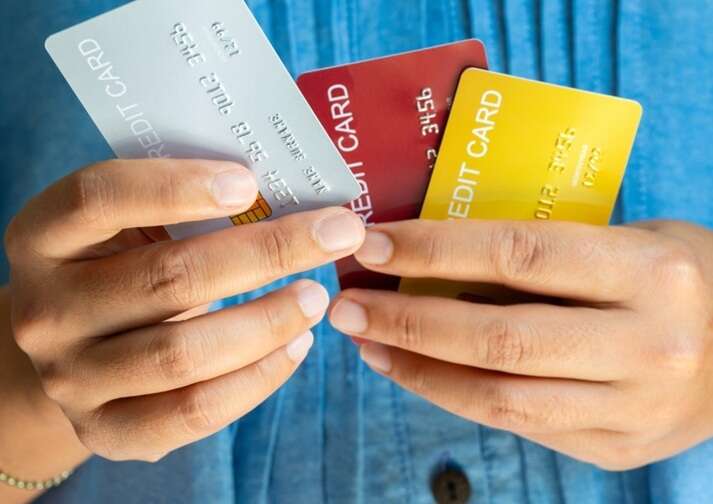Ukrainians will have restrictions on the number of accounts and transfer limits due to the bill on "drops"

Ukrainians will have restrictions on the number of accounts and transfer limits due to the bill on "drops"
Ukrainians May Face Restrictions on Number of Accounts, Payments, and Transfer Limits Again — Key Provisions of the Draft Law on the Register of Drops.
A draft law No. 14161 has been registered in the Verkhovna Rada, which provides for the creation of a register of drops (individuals who transfer their accounts to third parties for a fee). This document has long been supported by the National Bank of Ukraine.
According to the draft law, the so-called «blacklist» will include Ukrainian citizens, individual entrepreneurs, legal entities, as well as foreign citizens and companies.
The new register will be called «Register of Persons Whose Payment Transactions Require Enhanced Control». As previously reported, it will be created and administered by the NBU. Payment organizations, including not only banks but also financial companies that process payments in various ways — including through payment terminals, of which there are tens of thousands in Ukraine, as well as postal services such as Ukrposhta, Nova Poshta, Meest, and others — will add Ukrainians, entrepreneurs, and companies to the register.
Data on each person included in the register will be stored for 3 years from the date of the last entry, i.e., from the moment of the last recorded violation. The presence of individuals in the register will be checked:
- before opening an account or conducting a cash payment,
- when logging into a mobile application from a new device,
- when changing a user’s personal data,
- when a merchant changes the payment code,
- during ongoing payment monitoring, i.e., at any time.
According to the draft law, individuals included in this «blacklist» will not be completely prohibited from using banking services, but restrictions will be imposed:
- limits on conducting payments will be set;
- the number of payment transactions will be restricted;
- the number of accounts and electronic wallets in a single organization (bank or financial company) will be limited.
The exact duration of these restrictions is not specified in the draft law (it will be determined by the NBU), but it is noted that it cannot exceed 24 months from the date of the last entry in the register. The document also states that if individuals subject to sanctions comply with the imposed restrictions, their accounts will not be closed.
Specific maximum values for the number of accounts, cards, payments, and their amounts for individuals in the register are not stipulated in the law. It is only mentioned that these parameters will be set by the NBU through its resolutions. Draft Law No. 14161 significantly expands the powers and capabilities of the National Bank.
Another important aspect — the criteria by which individuals and businesses will be included in the new register and lose some financial rights will also be approved by the NBU at a later date. These criteria are absent from the text of the draft law.
The explanatory note states that with the help of this «blacklist», the NBU intends to combat drops and miscoding (accepting payments by businesses under incorrect payment codes to minimize taxes or bypass the need for additional licenses, such as for gambling). However, it remains unclear on what exact grounds people will be classified as drops.
In the text of Draft Law No. 14161, the terms «drop» and «miscoding» are not mentioned, nor are their definitions provided. Although in practice, banks already refer to drops not only as those who transfer their cards to third parties for a fee but also as any violators of financial monitoring rules. For example, if a person receives a suspicious transfer from an acquaintance or accepts payments to a card for trading at a market (which is considered illegal entrepreneurial activity), they may be classified as a drop.
At the same time, the draft law clearly states for the first time that the use of accounts or cards by third parties is considered «prohibited» unless such a right is formalized notarially (for example, through a power of attorney). However, specific penalties for this violation are not specified.
The document also provides that individuals and organizations may be included in the new register by mistake. The NBU promises to provide the opportunity to check whether someone has been added to the «blacklist», but the procedure is not described clearly enough. At the same time, no liability is foreseen for financial institutions that make errors or for the NBU itself if it fails to remove an erroneously included person from the register in a timely manner.
Topics: DropsBanksFinancial monitoringDraft lawPaymentsNBU

Comments:
comments powered by DisqusЗагрузка...
Our polls
Show Poll results
Show all polls on the website











